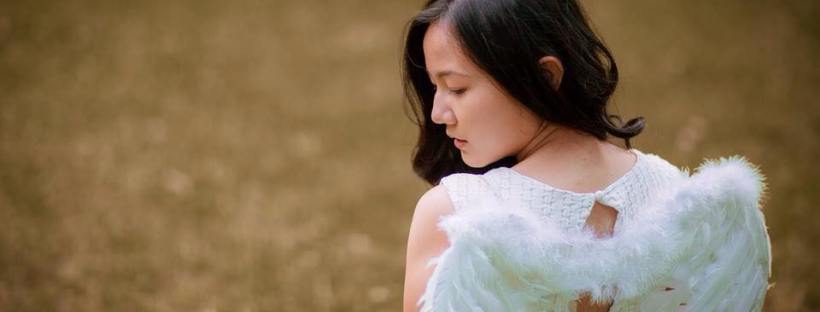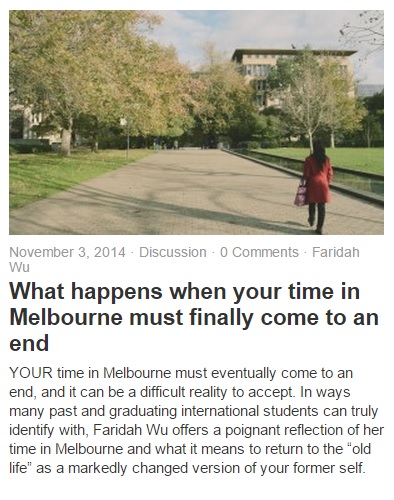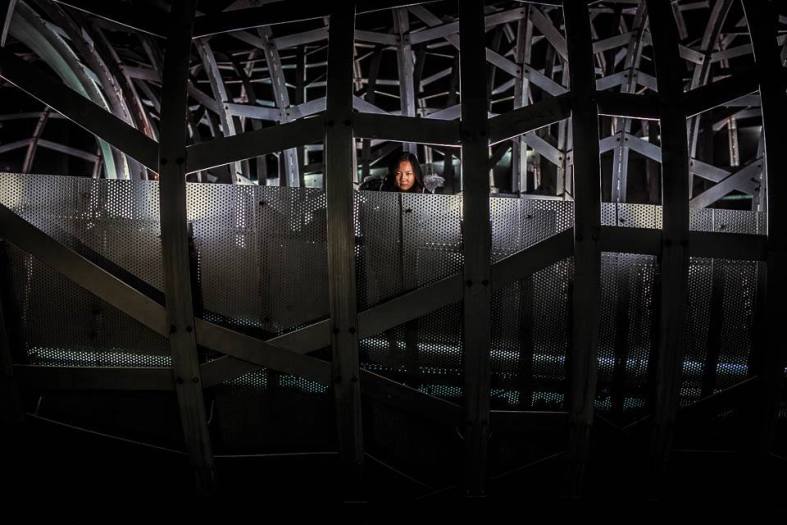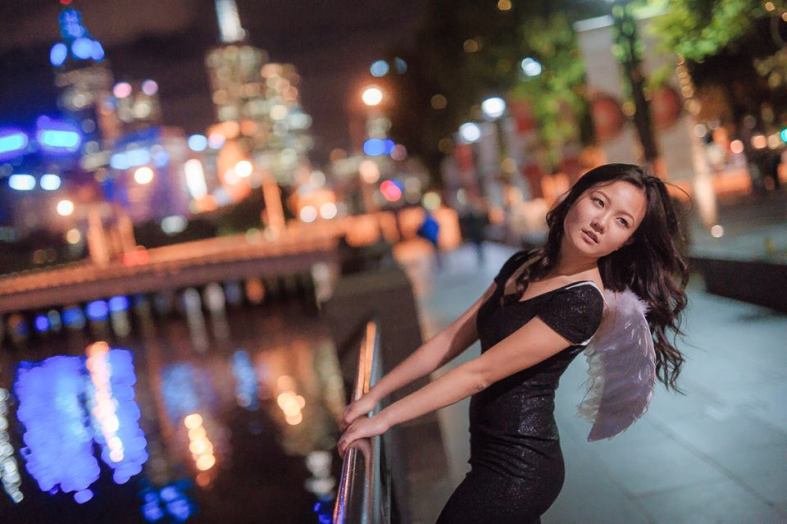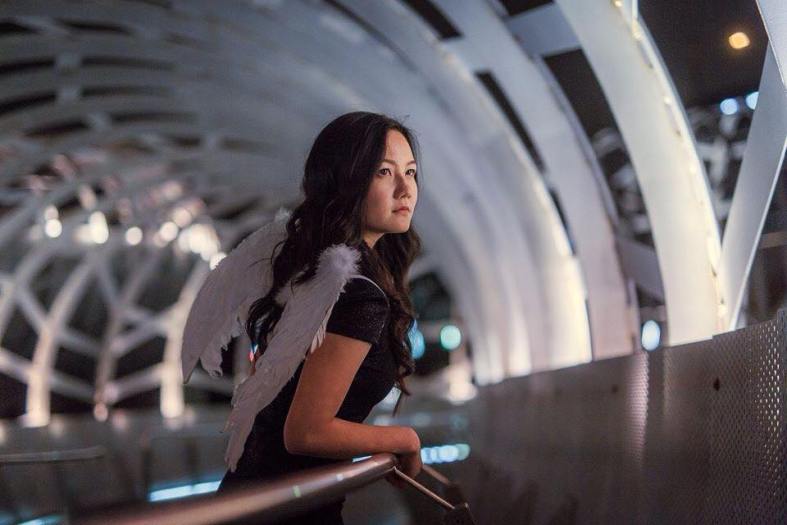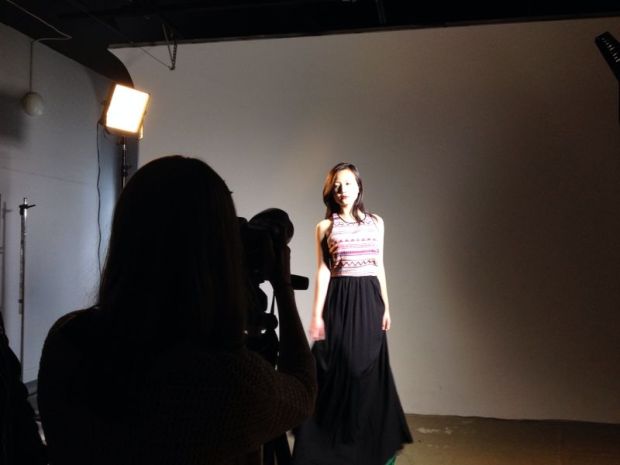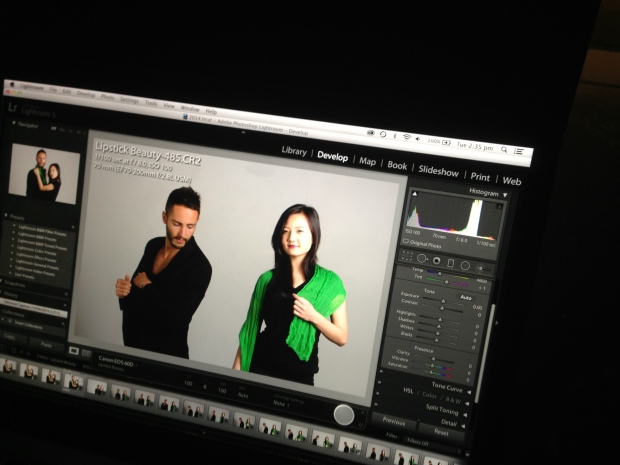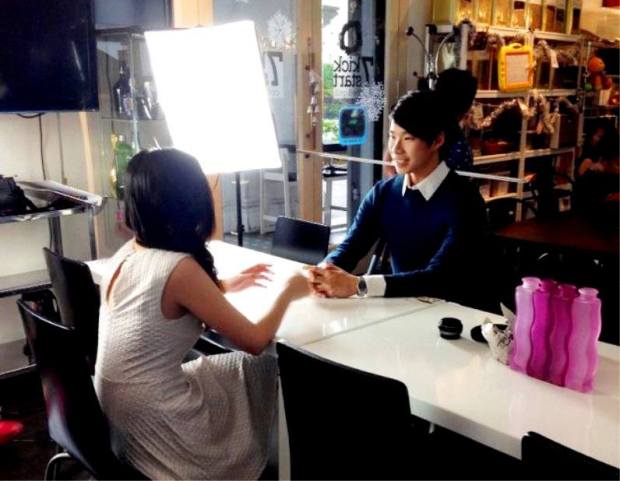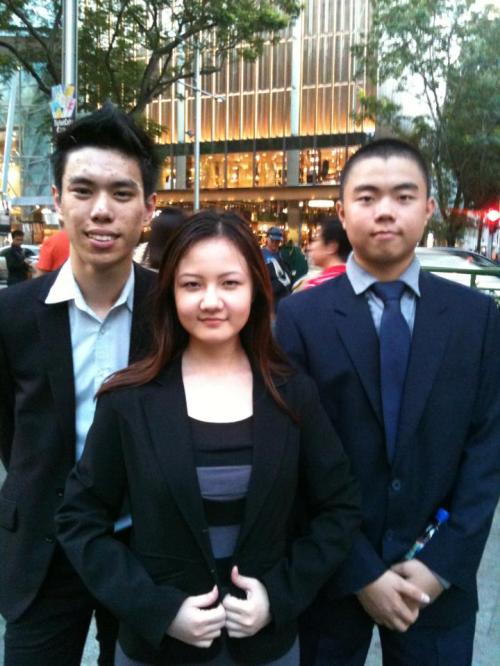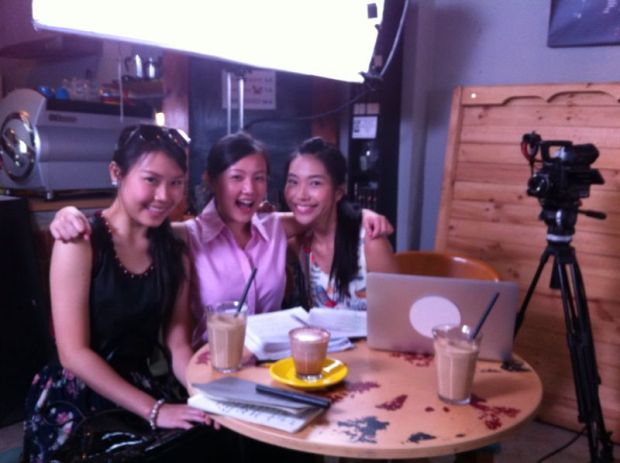On 15 January 2014, I decided to start writing a story about my life so far in Melbourne. I wanted to write about that in-between moment of just arriving to a new and unfamiliar country and the point of graduating, because somehow, time flew by so fast that within the year, I would be at the point of my graduation.
I pitched it. And when the rejection letters started streaming in, I went back to editing mode. I cut out paragraphs, wrote more, and pitched again.
Eventually the story changed tack, and was published in the Discussion section of Meld Magazine.
I didn’t tell anyone about it first, I just kept quiet and watched the numbers.
Within the first hour of publication, the story received 1000 views and 60 Facebook likes. Pretty good. I was pleased. I started sharing it with my friends, especially those who played a huge part in my journey in Melbourne.
And then it blew up the Facebook sphere.
People were sharing it left, right and centre, both friends and strangers. Friends would come up to me in person and tell me they read it and liked it.
Different people would quote different parts, saying how much they loved the piece because it expressed exactly how they felt. Some understood the family aspect. Some talked about the loneliness. But everyone, in some way or other, identified with it.
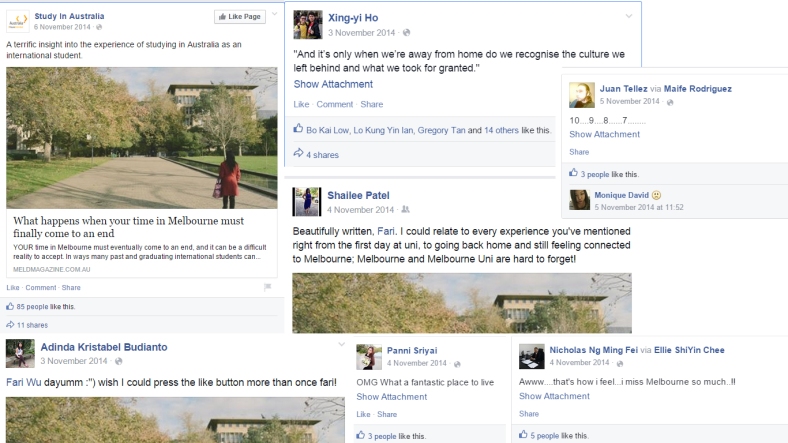
What was even more heartwarming were the reactions, some from friends and some from complete strangers. This collage of reactions was from Facebook alone.
Meld Magazine saw the story receive over 40 shares. And the article itself had over 900 likes. I didn’t think it could get any better than this.
And then ABC came in.
Not only did they want to republish my article, but they wanted to translate it into Bahasa Indonesia and Mandarin (still in the works).
4000 likes on the Australia Plus channel! I would never have imagined it. Still can’t believe it actually. Incredible.
Translating a piece doesn’t just mean them copying the text into Google Translate and letting a machine do the work for them. It means getting an interpreter who is able to interpret the text and the hidden meanings behind each word and translating it in a way that a person from a different culture is able to understand.
For example, in the original article, the word I used is “ghost”. In the translated text, the word they used is “bayang” which means shadow.
Why shadow and not ghost? Because in the Indonesian culture, the shadow has an underlying meaning of “spirit”. And in the context of my article, that’s exactly what it means. My spirit wanders the corridors, the shadow of who I am.
It would be wrong for them to use the literal translation of ghost, because in Indonesian it would mean an entirely different thing to them, and ABC knew it.
Can you imagine now how much effort it must take now to translate one single article into an entirely different language? They wouldn’t do it if they didn’t think it was worth it.
It’s obviously a validation when a large company like ABC decides that your article is worth their time and effort. But most of all, it was an amazing feeling knowing full well that the story began so simply, as an idea to chronicle my journey abroad.
I often look back at the beginnings of my story, surprised at how it’s evolved, remembering how hard it was in the beginning to even get it off the ground.

Obviously I never started out believing the story could go viral. And there isn’t exactly a science to it. It’s not like if you do X, then Y, then Z, then your story will go viral.
But there are factors to look at and think about, whether you’re planning on writing the next viral story or just a great piece.
Does your story have a universal issue?
Universities in Sydney and Queensland, and offices in Indonesia and Turkey were sharing my article on their social media. Not because they had some affinity with Melbourne, but because they understood this story to be more than just one student living in Melbourne.
It was a story of a girl who crossed countries and overcame the fear of loneliness and the difficulty of adjusting to a new life to become a functioning member of society.
While my article leaned towards Melbourne and everything it offered me, there is an overarching topic here, and that is of moving. Specifically, the fear of moving. And this issue is universal.
The fear of moving, the inertia you experience. The lookback and the reminiscing of something comfortable while you look ahead to an uncertain future. It doesn’t have to be “What happens when you leave Melbourne” or even “What happens when you leave Australia”.
As human beings living in this current world, we move around the world a lot, whether for education opportunities, or job opportunities.
We understand the feeling of being uprooted to go somewhere else when we’ve become so comfortable with where we are. The feelings of anxiety and nostalgia mixed together provide an alluring combo, one that many will have felt before, even if it’s as simple as leaving school or moving house.
And it is this alluring combo that resonated differently with different people. People from Israel or China who moved to another country when they were a child have come up to me and told me that they felt exactly the same way when they read my piece.
They understood the terror or leaving a place they called home, they understood what it’s like to find their footing in a new country and learn to adapt to foreign practices. It’s easy for someone to understand such feelings, because even though they may feel unique to me, they’re something that everyone can understand because in some way or another, they’ve been through it themselves.
There are certain issues that are very universal, like love or family. These will resonate with everyone because everyone understands the concept of love, and everyone understands the concept of family. Writing about that gives you an advantage because everyone will be able to relate to it one way or another.
Who is your target audience?
Writing for your target audience seems like an easy thing to do, but so many of us tend to forget about them once we start writing.
I hadn’t really had a specific target audience in mind, but thanks to editing, that audience slowly emerged. People who were in the same boat, or who will be soon enough will empathize with what I had going on.
Once I had a target audience, it was easier to cater to them, to put myself in their shoes because hey, I am in their shoes. I think that’s what was easy for this particular piece because I was part of the intended target audience. Sometimes you need to dig a lot deeper to bring through the heart of the message to your audience.
And even after that, trying to find a publication that suited the story is another issue. Not all publications will accept just about anything, but the ones that are more specific would be willing to look closer at your story.
It happened to me with another profile story I’m still trying to pitch. It’s a profile about a Filipino embalmer working in Singapore. The Monthly specifically told me that it has no Australian connection, and that’s partly why they’ve decided to say no to me. And this wasn’t really something I thought of too closely, until I read their reply.
Every story needs editing.
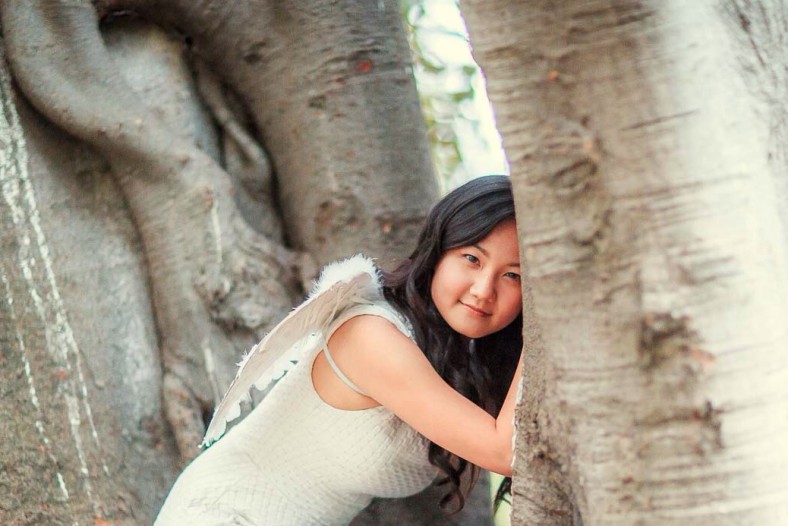
This is the downfall of many self-published blogs or books. Writers who don’t use the help of an editor or even more than one editor before publishing their work don’t just fall into the trap of spelling and grammar mistakes, their work might not flow as well as it should.
The role of a publishing house is often to cut down the work of a writer, to make their story concise.
While the Internet is now a place for anyone to immediately publish their thoughts, and people are praising it for allowing raw unfiltered unedited thoughts to be read, this also means a drop in quality of work produced.
Previous models of print newspapers and magazines worked because they go through rigorous editing and many eyeballs to catch any spelling errors, grammatical mistakes and factual inaccuracies.
My first draft looked nothing like the finished piece. The draft I finished on the night of 15 January looked nothing like the final piece you’d read on the website. I spent months tweaking bits here and there, and even a few days before the story was published, I sat up till 5am doing tiny edits here and there.
Even when I submitted the final draft ready for publication, my editor had to comb through and change the headline and excerpt so that the article had a much stronger direction and more impact. And I’m fairly sure that that contributed greatly to the ‘viralness’ of the article. We are attracted by headlines, even before we decide to read a story.
Be prepared for rejection. Lots of it.
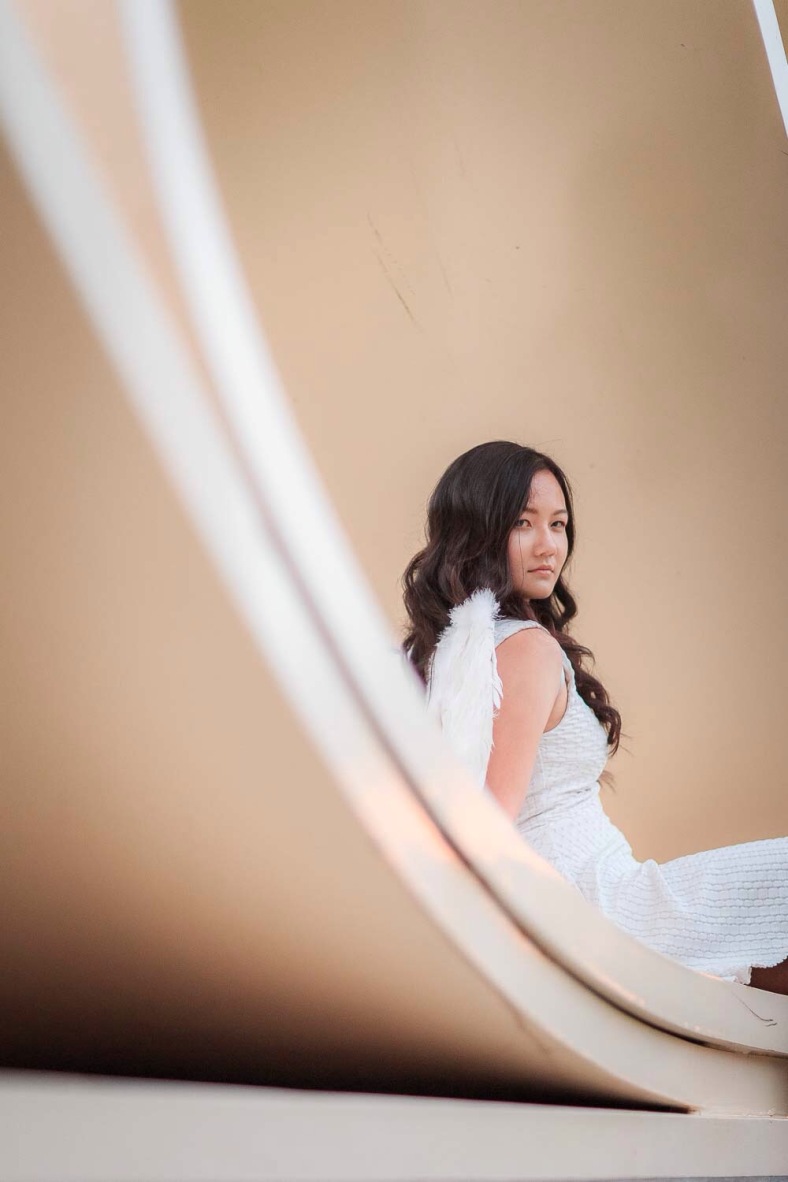
I pitched this story to many publications, from literary journals to newspaper forums to website sections. Most of them, I never heard from again.
Some, like The Toast, gave polite generic responses saying “thanks for pitching but we’d prefer to pass on this story”.
I was dejected. Half the time I went back to tweak the story a little bit, like move paragraphs or rewrite sentences, hoping that next time would be the right time.
But the other half of the time I thought about ditching the story. I thought that maybe I should stop pitching. Maybe I should just give up on this and leave it as a Word document in my computer. I should just start on a new story and forget about this.
But I’m glad I continued, because obviously it would never have gotten the eyeballs it did if it just sat languishing in my computer.
The day I published it was in November. I started writing it in January. 11 months of rewrites, tweaking and polishing until somehow, just somehow, it finally got published and took flight.
And then it went viral.
Photography by Will Chao.
– Fari Wu
